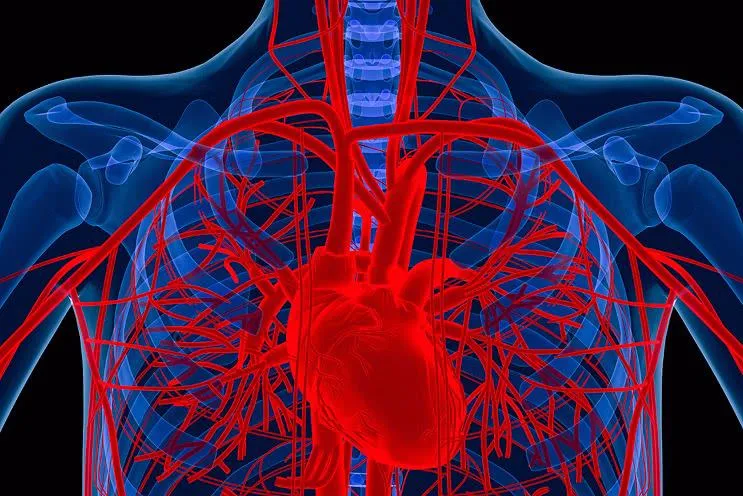
Academic Lead(s):
Professor Michael Marber
The Cardiovascular Clinical-Academic Grouping integrates the KCL School of Cardiovascular Medicine & Sciences and the King's Health Partners clinical cardiovascular services at Guys & St Thomas’ Hospital (GST) and/or King's College Hospital (KCH). Protected periods of research are hosted predominantly within the KCL School of Cardiovascular Medicine & Sciences, whilst clinical training occurs at GST and/or KCH. Dependent on seniority, training may also occur at a district general hospital within South London.
The cardiac Services Directorates at GST and KCH, amongst the largest in the UK, offer a comprehensive range of services and have a strong track record of clinical innovation. Advanced clinical training is available in all subspecialties.
Academic training will occur in the School of Cardiovascular Medicine & Sciences which has 50 Principal Investigators (including 5 BHF Professors) and >50 PhD/MD students among 300 staff. We pursue a wide range of laboratory-to-bedside cardiovascular research programmes, including many areas of internationally leading work (see www.kcl.ac.uk/lsm/research/divisions/cardio/index.aspx). The School has outstanding facilities and expertise in various areas, including molecular and cellular biology, tissue culture, cardiovascular histology, microepifluorescence, cell physiology, integrative physiology, genomics, proteomics, confocal microscopy, flow cytometry, stem cell research and murine surgery and cardiovascular phenotyping (including experimental MRI). We also have strong collaborations with groupings focused on imaging, structural biology and genetics. There are established clinical research programmes in interventional cardiology, structural heart disease, electrophysiology, cardiac imaging, vascular pharmacology and heart failure.
The Academic Programme Director meets with IATs between their appointment and start dates. The purpose of this meeting is to explore areas of mutual interest in order to best tailor training to needs. Due to the open nature of the IAT posts it is not possible to specify a detailed timetable. For ACLs the preferred model is rotation between 6-month blocks of predominantly clinical training with an on-call commitment and 6 months blocks of predominantly research training without an on-call commitment. Similarly, for ACFs the preference is an annual 3-month period that is protected for research. It is envisaged that there will be sufficient flexibility for ACLs to undertake their clinical training on the same campus as their research.